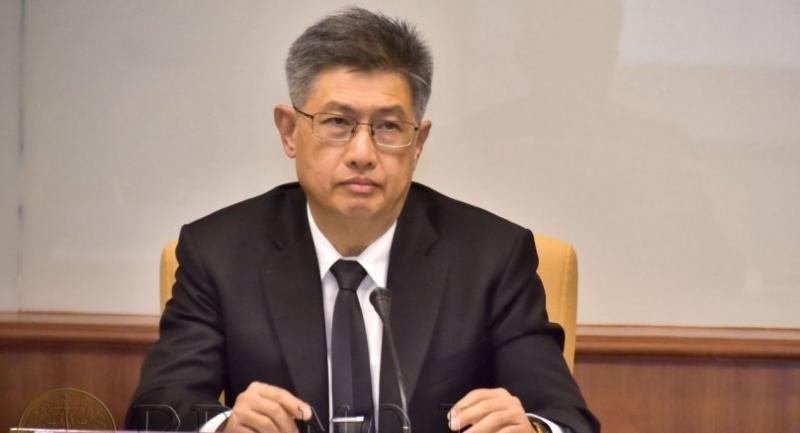Junta defends human rights position in front of UN body

IN THE wake of years of international criticism over its human rights policies, Thailand’s 46-member delegation is strong enough to defend the country’s position before the Human Rights Committee on the International Covenant on Civil and Political Rights (CCPR), senior government officials said.
Thailand was scheduled to submit its second periodic report to the committee today and tomorrow in Geneva. Each country is required to submit reports on the measures they have adopted which affect human rights.
As well as the report, the committee also provided a list of 10 issues involving 28 inquiries for Thailand to respond to. They include rights and liberty and security of persons, as well as rights to freedom of expression, which are constantly highlighted by civil society organisations in Thailand.
Since the 2014 coup, the Thai junta was been widely criticised over its human rights suppression against opponents and poor human rights practices.
While Thailand’s explanation to the international community and the UN body is not straightforward, critics questioned the size of Thailand’s delegation.
Headed by permanent secretary to the Justice Ministry Charnchao Chaiyanukij, the delegation consists of 14 officers from the Foreign Ministry, six from the Justice Ministry, four from the police and the Labour Ministry each, three representatives of administrative bodies in the deep South, three from the Education Ministry, two from the Interior Ministry, the Defence Ministry, and the Social Development and Human Security Ministry each, an officer from the Office of the Attorney General, Office of the President of the Supreme Court, the Digital Economy and Society Ministry, the National Security Council each and an interpreter.
Deputy Prime Minister Wissanu Krea-ngam on Monday defended the large number of Thai delegates saying it was due to various missions the delegation has to handle.
Wissanu, who did not know the exact number of the delegates, said they would have to split to join in meetings of different agendas. For instance, some of them would need to travel to Austria to join a session there.
The Justice Ministry’s deputy permanent secretary and spokesperson Tawatchai Thaikyo that some delegates are scheduled to join the 60th session of the Commission on Narcotic Drugs under the UN Office on Drugs and Crime in Vienna from today to Friday.
According to published papers, Thailand has the highest number participants, with 46, followed by 33 from Serbia, 25 from Italy, 16 from Bangladesh, 12 from Bosnia and Herzegovina and five from Turkmenistan.
In Geneva, Thailand is obligated to provide information on the use of some of the junta’s orders that give authority to military officers to search or detain any individual deemed a threat to national security. Thai representatives will respond that the country did not allow impunity. If a state official, or someone acting on its behalf, commits a crime, that person shall be held accountable and subject to disciplinary action and/or legal punishment, the document says.
The use of the Military Court was also a point of issue raised by the Human Rights Committee, which requested the country clarify whether military courts can try civilians and, if so, how and under what circumstances, and also indicate measures taken to transfer all cases involving civilians from military to civilian courts.
In response, Thailand wrote in the report that “cases involving unlawful exercise of administrative power by state officials are prosecuted by the Administrative Court. The Court has the power to order officials to stop or refrain from an act, as well as recompense the damage. The responsibility does not limit to officials committing unlawful acts, but also extends to the state agency to which those officials are affiliated”.
